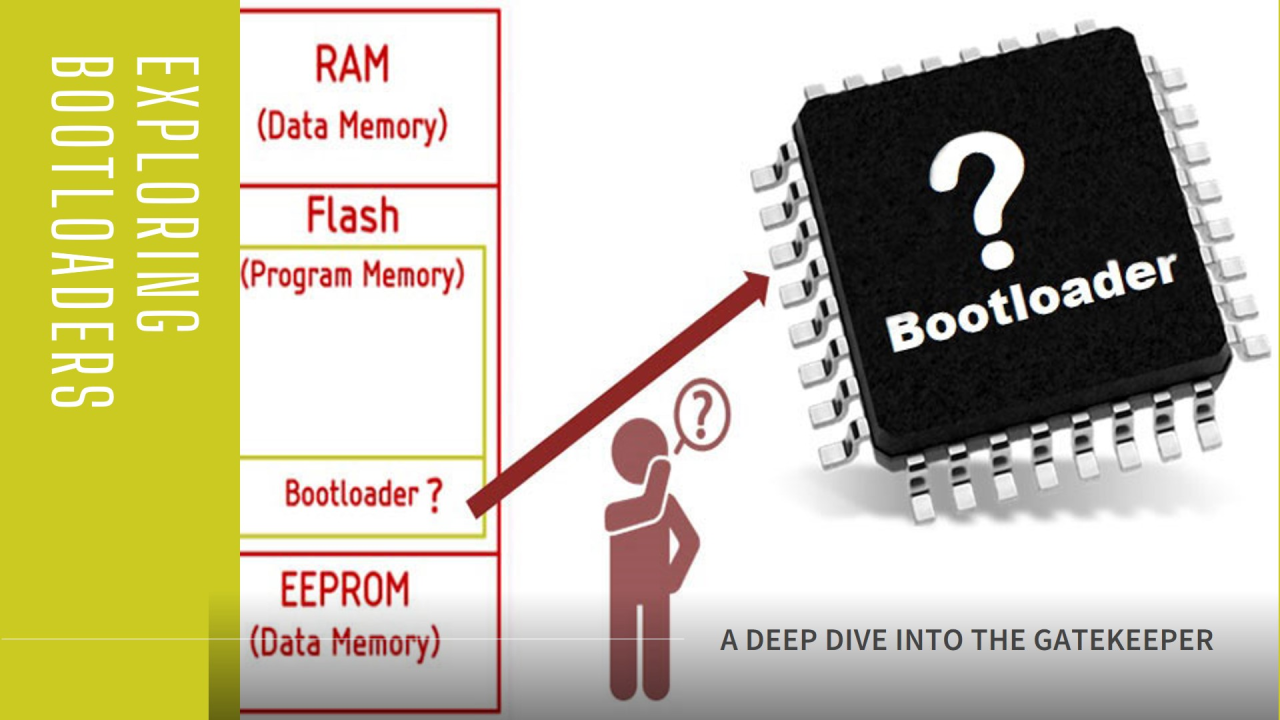
Unleashing the Gatekeeper: A Deep Dive into Bootloaders
Hemanth Chakravarthy Mudduluru
Team Lead - Eng’g Supervisor, Project Manager, Product Owner (AD & ADAS) Software | Product Management | Executive | R&D | MBA
In the digital realm, every complex system needs a guardian, someone to ensure everything starts up smoothly. In the world of embedded systems, this crucial role falls to the bootloader. Imagine it as the conductor of a grand orchestra, bringing all the components together in perfect harmony before the main program takes the stage.
What is a Bootloader?
A bootloader is a small piece of software embedded in a device's non-volatile memory (like flash memory). Its primary responsibility is to initialize the hardware and load the operating system (OS) or the main application into memory. Think of it as the first responder at a crime scene, securing the area and preparing for the arrival of the main detectives (the OS).
Key Functions of a Bootloader:
Bootloader Types:
领英推荐
Bootloader Samples:
Understanding the Benefits:
Beyond the Basics:
Join the Discussion:
Have you ever encountered bootloader issues? What role do you think bootloaders play in the security of embedded systems? Share your thoughts and experiences in the comments below!
Director of Engineering at Squire (YC16) | Conference Speaker
9 个月Fascinating! Bootloaders truly are the unsung heroes of our devices. ??